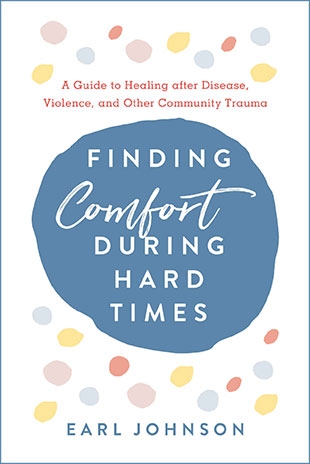"From the Bhopal gas leak to the Buffalo Creek flood, the trauma inflicted by everyday and large-scale disasters is real and significant. No one is immune. Disasters strike rich and poor alike. Disasters inflict widespread physical damage and destruction, but also long-term psychological and spiritual wounds. The physical pain may heal, but the environmental and spiritual pain may never end without intervention and treatment. This damage is done both to the survivors and the responders," writes Earl Johnson, one of the founders of the Spiritual Care function in the American Red Cross.
When weather events like earthquakes, floods, and tornados strike, brave and selfless individuals are needed to rescue and take care of survivors. In nuclear power station accidents, mass shootings, and terrorist attacks, response must be swift and salutary. Johnson shares what he’s learned from being on the scene for such traumatic events. He provides coping strategies for the first day, first week, first month, and first year. Each chapter includes some “ways to comfort” (see the excerpt for a sample). There are practical lists, such as what to have in a disaster kit and questions to use when screening volunteers.
Johnson asserts that many more first responders are needed to deal with an upswing in all forms of disasters, and programs must be put in place to help them cope with what they experience as they also learn tools to better serve traumatized communities. This book is an excellent resource for those beginning that important work.
